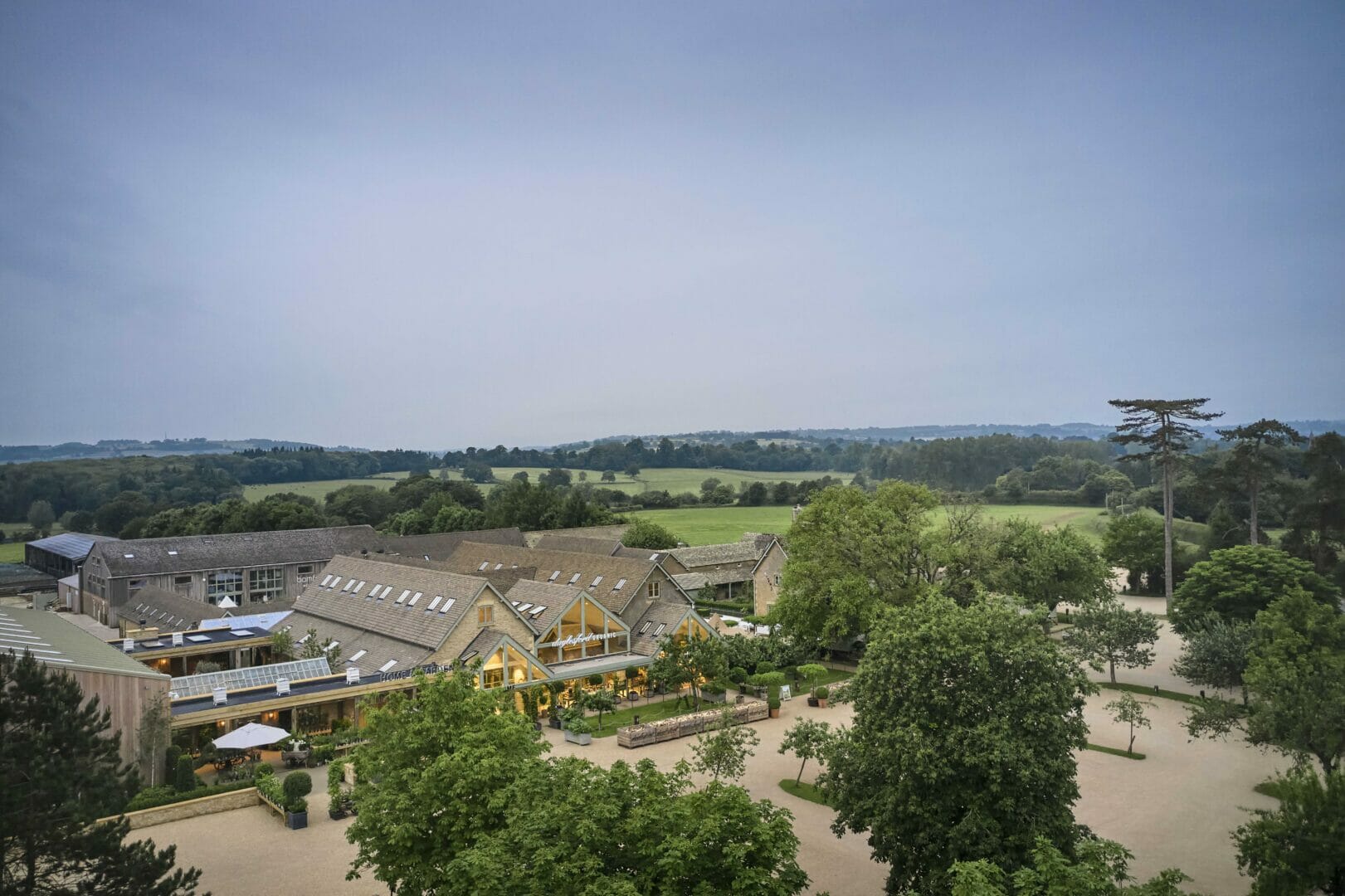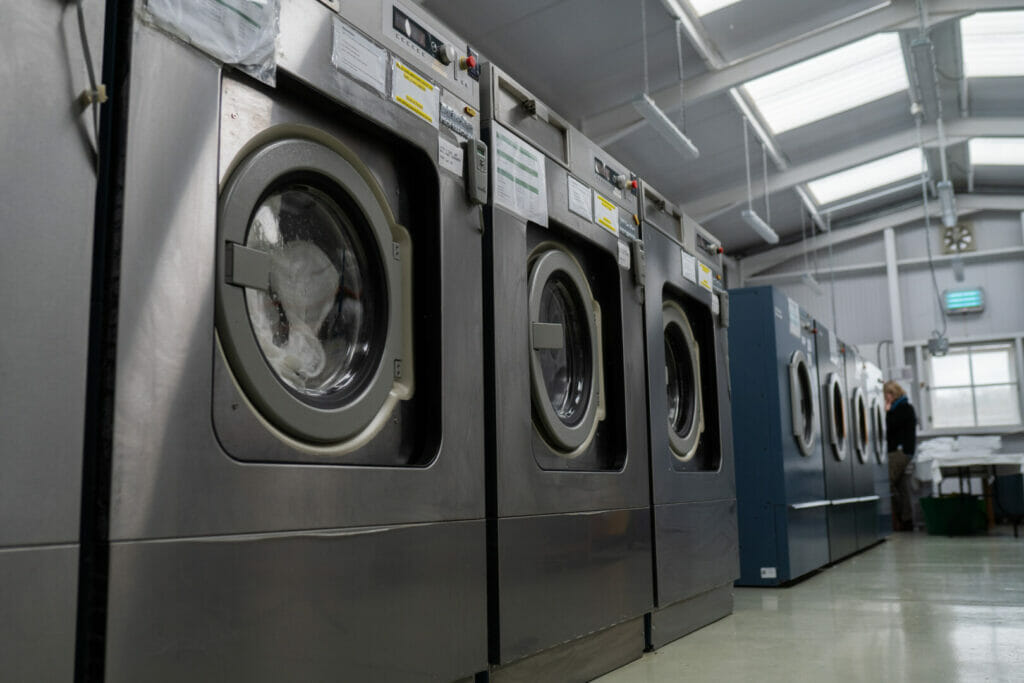
The Bamford family has been farming organically for over 45 years, first in Staffordshire and then the Cotswolds.
20 years ago, the team opened its first farm shop, and since then, the Daylesford Organic site has expanded to incorporate a spa, holiday cottages, and a cookery school.
Sustainability is at the heart of Daylesford, and the business has set itself challenging targets to reduce its impact on the environment across areas including packaging, energy use, engagement with the local community, and partnering with sustainable suppliers. As well as over 2000 solar panels, Daylesford Organic has also installed a 910-kilowatt biomass boiler, which burns locally sourced wood chips to fulfil the farm site’s heat requirements.
Daylesford had been using Miele machines, supplied and maintained through approved partner, Gillman’s, for over 15 years. So, when it came to expanding the laundry, the decision to work with Miele and Gillman’s again was an easy one for Will Dennis, Head of Sustainability at Daylesford; “We like to work with businesses and suppliers that have similar mindsets in the way they approach business and sustainability. We’ve been using Miele for over a decade and it was important to us to keep that legacy alive, not only because of the aftercare we’ve been shown, but also because of its advancing technology, focus on developing more eco-friendly models, and the ability to connect the machines to our biomass boiler.”

To process the volume of laundry produced at Daylesford Organic each day, Gillman’s recommended 2 x 32kg washing machines, 2 x 24kg washing machines, and 4 x 32kg tumble dryers. However, connecting the laundry equipment to Daylesford’s biomass boiler was unchartered territory.
Jamie Baron, commercial sales manager at Gillman’s, commented, “Integrating the biomass boiler was an education for us all. We liaised with the mechanical and electrical teams, the architect, and biomass specialists to come up with a solution that would work both now and years down the line. The by-product from the biomass system is hot water, which is channelled into the laundry and used to power the hot water dryers, saving on electricity. It was an incredibly important and exciting project to be a part of, as well as rewarding to work with a local, long-term customer that upholds the same family business values as we do at Gillman’s.”
The team at Daylesford found the installation process straightforward, and with specialists from Miele and Gillman’s on site to help, the project was completed in just a couple of days.
